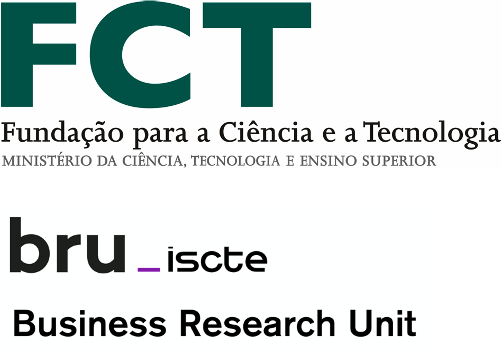Desde suas origens até a explosão relativa da investigação em equipas na psicologia aplicada e comportamento organizacional, surgiram vários avanços nos métodos usados para estudar a dinâmica das equipas (Mathieu et al., 2018). É necessário um paradigma capaz de capturar a natureza complexa e dinâmica do novo padrão das equipas de trabalho de modo avançar no entendimento do fenómeno (Mathieu et al., 2008). Uma vez que os indivíduos trabalham em equipas, a dinâmica social está em causa, criando propriedades emergentes que se inter-relacionam com os processos das equipas, tendo impacto no desempenho das equipas (Waller et al., 2016). Uma perspetiva transversal ou uma medição simples não são suficientes para capturar um processo tão complexo (Humphrey & Aime, 2014). Processos complexos exigem métodos de pesquisa complexos (Boist & McKelvey, 2011). As equipas de investigação não podem continuar a ignorar tais complexidades, arriscando o seu desenvolvimento e avanços futuros. A avaliação das evidências de validade dos instrumentos ao nível das equipas é realizada principalmente por meio de procedimentos projetados para medidas ao nível do indivíduo. No entanto, o estudo de instrumentos ao nível das equipas deve incluir a possível desigualdade na estrutura nos níveis inter- e intra- e também deve considerar informações sobre a capacidade dos itens instrumentos para diferenciar grupos (Bliese et al., 2019). Este projeto baseia-se nas propostas mais recentes da teoria multinível, mensuração e evidências de validade. O primeiro objetivo é adaptar construtos multinível, ou seja, construtos que emergem das interações entre indivíduos, mas que existem em ambos os níveis (equipa e sujeito). O segundo objetivo diz respeito à avaliação e adaptação de construtos de equipa emergentes, que podem ser diferentes na sua natureza (Mathieu & Luciano, 2019) e também em sua mensuração (Jebb et al., 2019). O último objetivo é avaliar as evidências de validade longitudinal dos construtos de equipe dinâmicos (Luciano et al., 2018). Esta proposta claramente contribui para o avanço da adaptação de construtos ao nível das equipas, integrando diferentes abordagens, implementadas com a colaboração internacional de ponta e usando métodos estatísticos avançados.
| Centro de Investigação | Grupo de Investigação | Papel no Projeto | Data de Início | Data de Fim |
|---|---|---|---|---|
| BRU-Iscte | Grupo de Comportamento Organizacional e Recursos Humanos | Parceiro | 2021-01-01 | 2021-06-30 |
Não foram encontrados registos.
| Nome | Afiliação | Papel no Projeto | Data de Início | Data de Fim |
|---|---|---|---|---|
| Jorge Sinval | Investigador Integrado (BRU-Iscte); | Investigador Responsável | 2021-01-01 | 2021-06-30 |
Não foram encontrados registos.
Não foram encontrados registos.
Não foram encontrados registos.
Não foram encontrados registos.
Não foram encontrados registos.
Com o objetivo de aumentar a investigação direcionada para o cumprimento dos Objetivos do Desenvolvimento Sustentável para 2030 das Nações Unidas, é disponibilizada no Ciência_Iscte a possibilidade de associação, quando aplicável, dos projetos científicos aos Objetivos do Desenvolvimento Sustentável. Estes são os Objetivos do Desenvolvimento Sustentável identificados para este projeto. Para uma informação detalhada dos Objetivos do Desenvolvimento Sustentável, clique aqui.

 English
English



